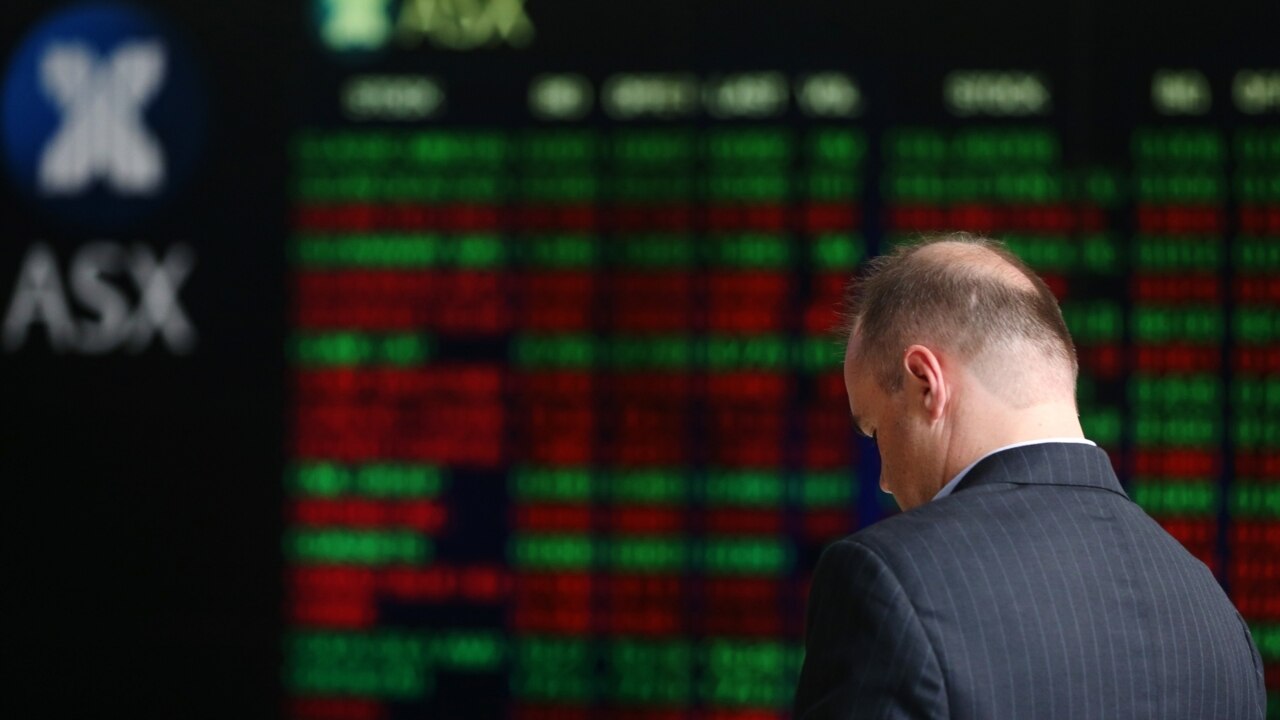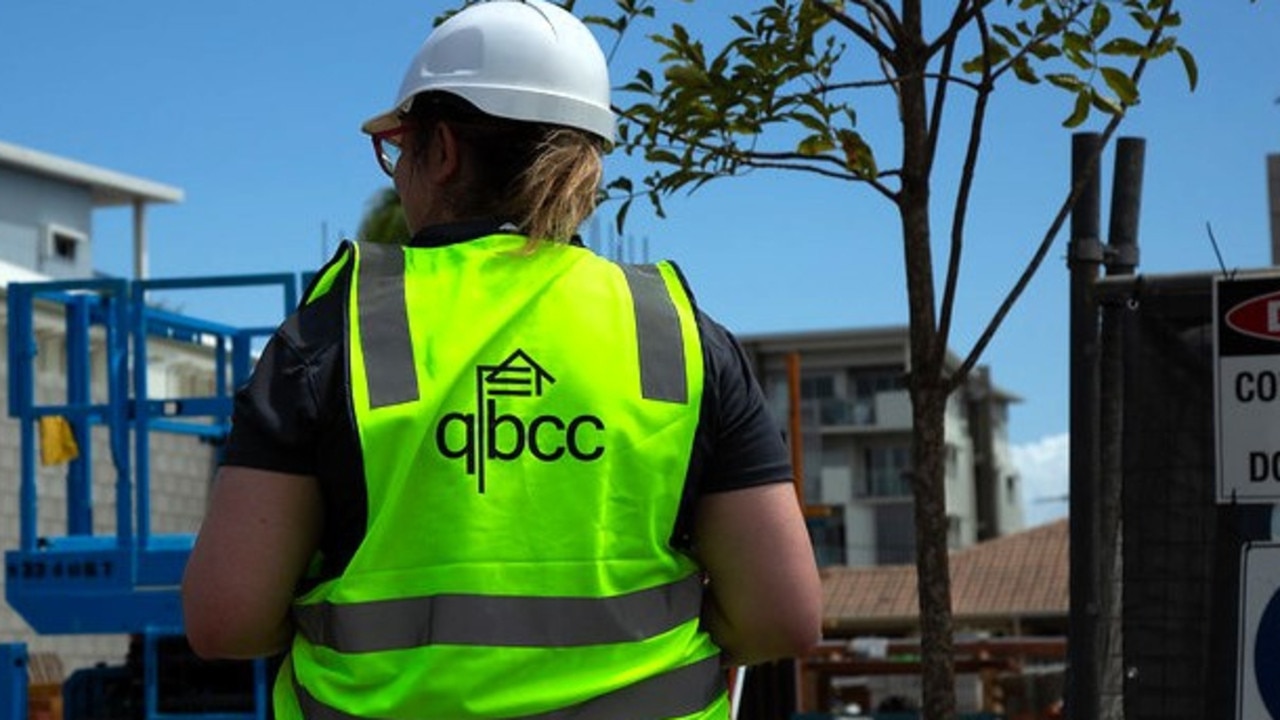Earnings estimates too downbeat, says UBS
Australia’s relatively stronger growth outlook, combined with potential for rate cuts and better than expected earnings, may set the stage for sharemarket gains.

Australia’s relatively stronger economic growth outlook, combined with the potential for interest rate cuts and better than expected corporate earnings, may set the stage for sharemarket gains.
In recent weeks the local bourse has enjoyed a strong rebound amid ongoing euphoria about the AI revolution led by the US market, as well as heightened expectations that interest rates have peaked and central banks will start cutting next year even as economic growth shows resilience.
With the S&P 500 now heading for an impressive year-to-date gain of about 20 per cent before including dividends, Australia’s S&P/ASX 200 index is on track for a 2 per cent rise.
After rising as much as 7.5 per cent early this year on initial optimism about China’s post-pandemic reopening, the index fell as much as 4 per cent as China’s growth disappointed amid problems in its property market, and the US market dipped on fear of higher interest rates.
Global economic growth is expected to slow next year, restraining corporate earnings as the impact of the fastest interest rate increases in decades continues to be felt.
But while some warn that consensus estimates of about 10 per cent growth in US corporate earnings may be too optimistic after such a big lift in interest rates, Australian earnings estimates may be too low, according to UBS. As well, expectations of lower interest rates may promote higher valuations, leading to a modest rise in the ASX 200.
UBS says the Australian corporate earnings growth expectations are already “very downbeat”.
“The low bar that analysts now have for earnings per share for next year is one of the more bullish signs we have on equities into 2024,” says UBS Australia equity strategist Richard Schellbach.
He has a target of 7600 for the ASX 200 next year, implying a 5.5 per cent rise from current levels.
Historically, earnings per share growth from ASX 200 companies has averaged 5.5 per cent a year.
The fact that EPS growth for the 2023 financial year was zero, and the consensus estimate is that 2024 financial year earnings per share is minus 6 per cent, “shows that a fair amount of pessimism already exists in the consensus numbers for the coming financial year”.

Schellbach thinks ASX 200 earnings per share growth for the 2024 calendar year will be flat.
The market may increasingly come to the view that the profits cycle will soon bottom out.
“Analysts have been downgrading their earnings estimates since May 2022, with much of this drag coming via resource equities which were cycling off peak cycle earnings,” Schellbach says. “But even outside of resource equities, earnings growth forecasts look anaemic, sitting at around the low to mid single-digit range. The soft landing which our economists expect the domestic economy to achieve allows us to largely rule out a collapse in earnings.”
One of the most surprising outcomes over the past 18 months has been the ability of companies to maintain profit margins in an inflationary environment.
UBS says most companies now point to wage, rent, energy and transportation costs as headaches. But demand is expected to be supported by a low unemployment rate, a booming population and “big-spending seniors who are able to draw down on pension war chests”.
With no more interest rate rises expected in Australia, and an initial cut in the cash rate target of 25 basis points now priced in for September, UBS also notes that the key cyclical sectors in the local sharemarket tend to bottom three months before the first RBA rate cut.
“As we get closer to the point of the first rate cut, which we expect in November 2024, share prices should begin to more confidently ‘look through’ the cycle,” Schellbach says.
“Historically, sectors across the domestic consumer and housing complex have seen their share prices bottom and turn upwards around three months before the RBA’s first rate cut.”
Headwinds for earnings forecasts over the next six months are expected to be followed by macroeconomic optimism, causing a PE re-rate back up to 16.5 times, from current 15.5 times.
The “growth challenged and worry-beset environment” that investors have faced this year has some “eerie similarities” to what global equities faced in the mid-1990s.
“In 1994 the RBA hiked aggressively through the second half of the year which caused equities to de-rate sharply, but equity fears over a hard landing proved wrong,” Schellbach says. “Not only did the economy avoid a recession, but Aussie stocks managed to post positive annual returns for the following seven consecutive years, 1995 to 2001.”
AMP also expects positive returns from shares next year, assuming interest rate cuts, but says the “high risk of a recession” is expected to cause an increase in volatility, constraining returns.
The fund manager sees the S&P/ASX 200 index rising to 7500 points, implying a 4 per cent rise before dividends, assuming the RBA cuts the cash rate to 3.6 per cent, versus 4.35 per cent now.
Balanced super funds should return about 5.3 per cent, according to AMP’s head of investment strategy and chief economist, Shane Oliver.
He says the first half of the year could be “rough” as growth weakens and possibly goes negative, and valuations are less attractive than a year ago.
But shares should ultimately benefit from rate cuts and lower bond yields and the anticipation of stronger growth later in the year and in 2025. He also expects Australian shares to outperform global shares on a total return basis due to more attractive valuations.
“A recession could threaten this though so it’s hard to have a strong view,” he says.
More Coverage
Originally published as Earnings estimates too downbeat, says UBS





